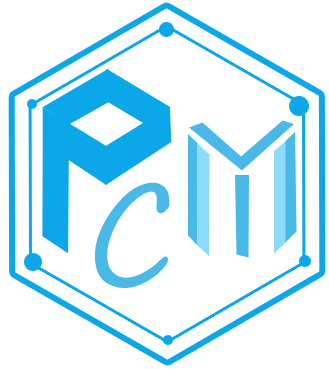Invited Speaker

Ildoo Chung
Professor, Department of Polymer Science and Engineering, Pusan National University, KoreaSpeech Title: Well-defined porous biodegradable/thermoresponsive microspheres
Abstract: Porous biodegradable microspheres were fabricated by successful RAFT polymerization of methyl vinyl ketone (MVK) onto polycaprolactone (PCL) and polylactide (PLA), which was first synthesized by ring opening polymerization of lactide followed by an oil/water emulsion-evaporation method, then finally photodegradation of PMVK blocks by UV irradiation. Macro-CTA (chain transfer agent) was synthesized by reacting carboxylic acid terminated CTA, S-1-dodecyl-S’-(α,α’-dimethyl-α’’-acetic acid) trithiocarbonate (DDMAT) with hydroxyl terminated polycaprolactone, which was then used for the synthesis of triblock copolymer with methyl vinyl ketone (MVK). The synthesized block copolymers were characterized by FT-IR, 1H NMR spectroscopies. Gel permeation chromatography (GPC) was used to evaluate the molecular weight and molecular weight distribution and monitored the photodegradability of the block copolymers. For photodegradation by UV light under dried condition, the molecular weight of triblock copolymer was decreased gradually with UV irradiation time, reaching close to that of macro-CTA, meaning that 90% of PMVK block was photodegraded after 24 h of UV irradiation. The morphology of microspheres was spherical with smooth surfaces before UV irradiation. Microspheres fabricated only from PCL homopolymers could also retain their smooth surface after UV irradiation. However, those from PCL-PMVK and PCL-PLA-PMVK block copolymers had rough surfaces and porous structures after UV irradiation due to the photodegradation of PMVK blocks as a porous template. The porosity and shape of the microspheres and shape of microspheres were dependent on the PMVK contents and size of microspheres.
Biography: Professor Ildoo Chung joined the faculty of Department of Polymer Science and Engineering at Pusan National University, Korea in 2005. Prior to that, he completed his postdoctoral training with Professor Jimmy Mays in Department of Chemistry at University of Tennessee, and with Professor Dong Xie in Department of Biomedical Engineering at University of Alabama at Birmingham, USA. He received his Ph. D. at Pusan National University in 2000. He is now serving editor-in-chief of Journal of Adhesion and Interface, and member of board of directors in the Polymer Society of Korea, the Korea Society of Adhesion and Interface, Korea Polyurethane Society, and Asian Cyclodextrin Conference. He had over 70 peer-reviewed publications and over 150 presentations in national and international conferences. His research interests are focused on polymer synthesis such as atom transfer radical polymerization (ATRP), radical addition-fragmentation transfer (RAFT) polymerization and advanced polymeric biomaterials such as drug delivery system, hard/soft tissue compatible polymers, photocurable 3D printing polymer, biodegradable polymer and composite system.
